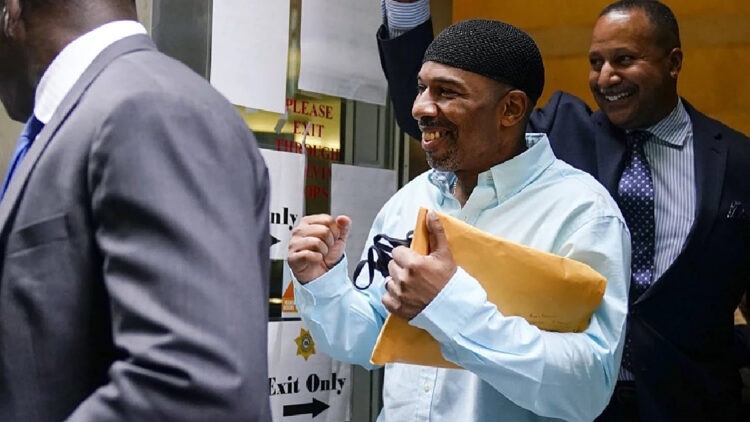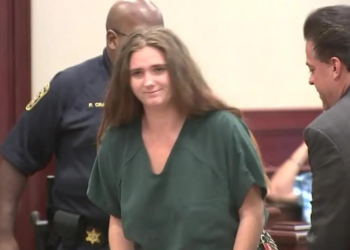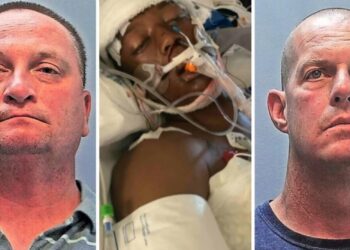Eric Riddick is a free man after serving 29 years in prison for a murder he claimed he did not commit.
In late May, Riddick was released from a Philadelphia prison after the District Attorney’s Office determined he did not receive a fair trial, reported The Philadelphia Inquirer. In 1992, he was convicted of first-degree murder for the shooting death of William Catlett.
The conviction largely depended on the testimony of Shawn Stevenson, who testified he saw Riddick shoot Catlett with a rifle while sitting in a fire escape. Stevenson recanted his testimony in a 1999 affidavit and claimed the police coerced him into naming Riddick.
Riddick didn’t find out about the affidavit until 2003, but it was too late for him to submit an appeal by then. Under Pennsylvania’s Post Conviction Relief Act, the convicted have a one-year filing deadline unless new evidence is uncovered. New evidence must be logged within 60 days to score an appeal.
In 2012, a ballistic expert determined it was impossible for Riddick to be the shooter, reported NBC News. Five years later, two of the judges who handled his appeal admitted they made the wrong call.
The judges wrote it is “clear to all that it is likely that an innocent man sits behind bars for no better reason than a poorly conceived statute.”
The case got media attention after rapper Meek Mill, who once shared a cell with Riddick, started advocating on his behalf. Riddick’s mother, Christine, also spent years fighting for her son’s freedom. Another key player is Dana Riddick, his wife, who he met and married while in prison.
Law students from Georgetown University also got involved after Meek told their professor and leading prison reform advocate Marc Howard about Riddick’s plight.
After an investigation, the students and Riddick’s lawyer met with Patricia Cummings, head of the DA’s Conviction Integrity Unit. After the meeting, the DA provided documents suggesting Riddick’s defense attorney withheld evidence that could benefit Riddick’s case. This find was the key to his freedom.
“There were a lot of things that were done wrong in this case that we were able to uncover. For example, there was a rifle that was clearly exculpatory to my client. And under a Supreme Court case called Brady v. Maryland, the prosecution has a duty to disclose all exculpatory evidence. In this particular case, it wasn’t done,” Emeka Igwe, Riddick’s lawyer, told ABC News.
To avoid going through another trial, Riddick pleaded no contest to third-degree murder and received time served.
“Just that embrace, knowing that I was free after everything and the end result of years and years and years and years and years of struggle [was amazing],” Riddick said.
“For all these years to go by and not being able to rectify my unlawful conviction, my freedom was not in season at that time. How do I make sense of things right now? I say justice is in season. So [Friday] was a testimony to that,” he added.
Riddick’s legal team will seek complete exoneration and petition Gov. Tom Wolf for a pardon.















